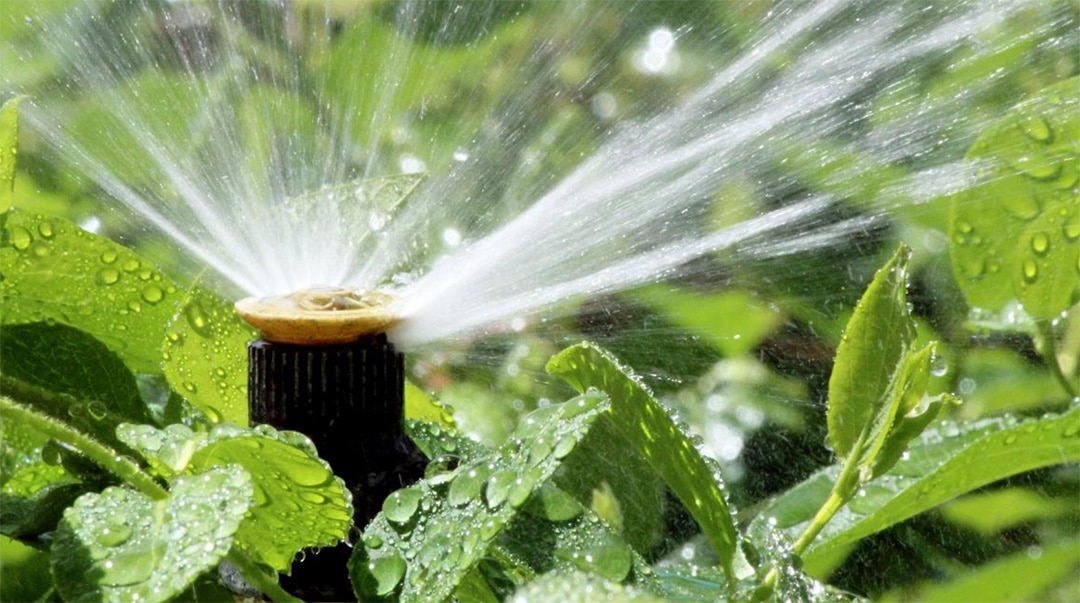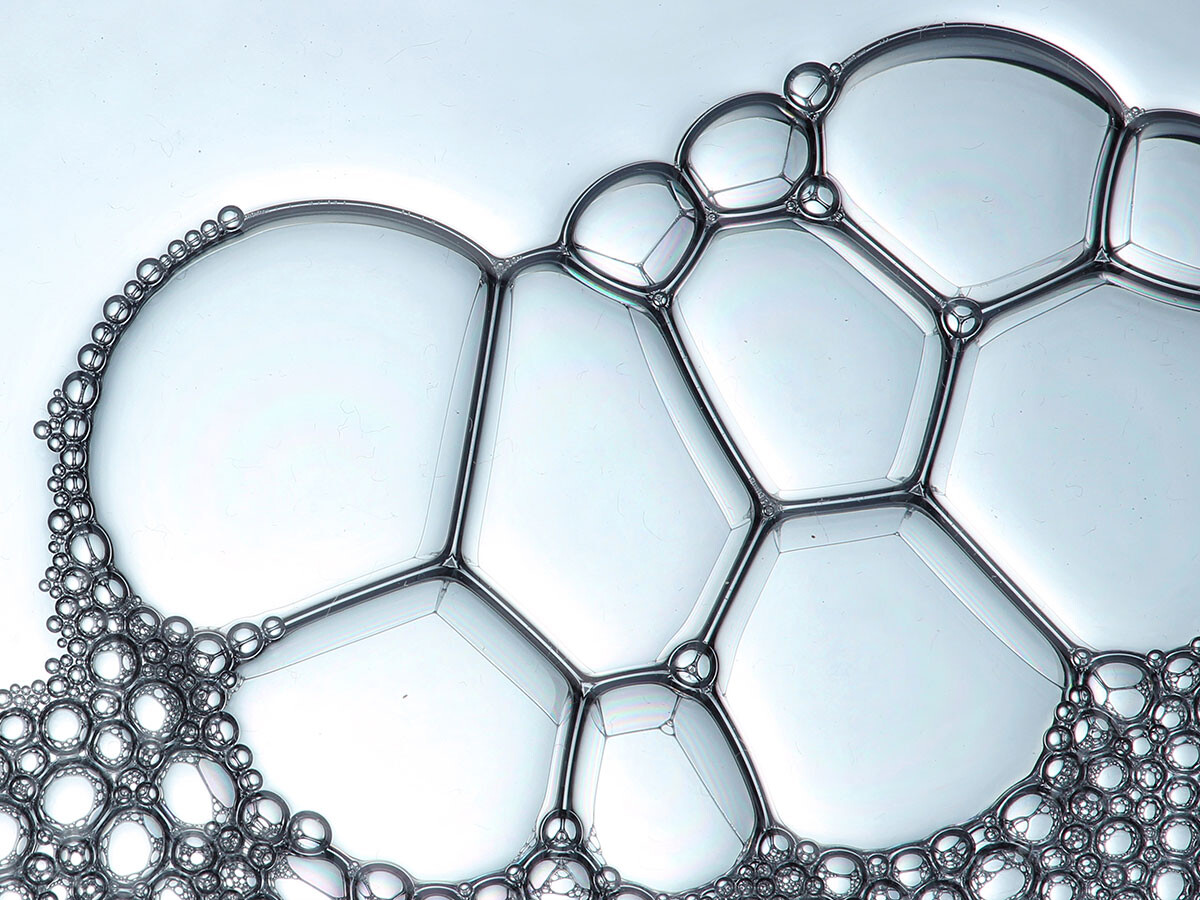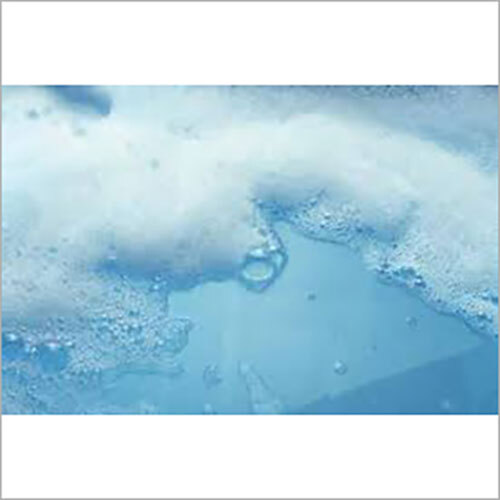How Defoamers Can Save Time and Money in Industrial Production
How Defoamers Can Save Time and Money in Industrial Production
Blog Article
The Role of Defoamers in Enhancing Item High Quality and Efficiency
In different producing processes, the existence of foam can significantly impede product top quality and operational performance. Defoamers function as important ingredients that minimize this issue, ensuring smoother production workflows while boosting the useful and aesthetic attributes of the end products (defoamers). Their application covers a multitude of sectors, from food and drink to pharmaceuticals, where uniformity and integrity are vital. Nevertheless, the selection of the suitable defoamer can be important to attaining optimum outcomes, elevating vital questions about formula compatibility and performance metrics that warrant further exploration.
Recognizing Defoamers
Recognizing the role of defoamers is necessary for preserving item top quality throughout numerous markets. Defoamers are chemical ingredients developed to decrease and stop the formation of foam in liquid systems, which can negatively affect processes such as blending, filling, and surface stress. Foaming can bring about inadequacies, item problems, and compromised visual appeal, making defoamers a crucial element in making procedures.
In industrial applications, defoamers assist to boost product uniformity and stability. The effective use of defoamers not just ensures smoother production procedures but likewise adds to premium product performance.
Additionally, the selection and formulation of a defoamer should straighten with details application requirements, such as compatibility with other components, efficiency under differing temperature level and pH problems, and prospective governing restraints. Eventually, recognizing defoamers' functions and their value in numerous solutions is important for enhancing manufacturing and guaranteeing the best output.
Kinds Of Defoamers
Defoamers can be classified into numerous kinds based on their composition and mechanism of action. The key types consist of silicone-based, non-silicone natural, and inorganic defoamers.
Silicone-based defoamers are amongst one of the most efficient, mostly due to their ability to spread out promptly on the liquid surface area and disrupt foam development. Their distinct chemical structure permits remarkable security, making them appropriate for high-temperature applications and atmospheres with differing pH levels.
Non-silicone organic defoamers, typically made up of natural oils or fats, are valued for their biodegradability and lower toxicity. These are generally utilized in food and drink applications where security and ecological influence are extremely important.
Inorganic defoamers, that include substances like talc or calcium carbonate, act by increasing the thickness of the fluid, consequently decreasing foam stability. They are frequently made use of in commercial processes where compatibility with other materials is not an issue.
Each kind of defoamer has unique benefits and limitations, permitting for tailored remedies relying on the specific frothing problems encountered in numerous applications. Comprehending these distinctions is essential for enhancing performance and achieving desired product top quality.
Applications Across Industries
Countless markets utilize defoamers to boost product top quality and operational performance. In the food and beverage field, defoamers are essential in processes such as brewing and milk production to stop foam development, which can result in inadequacies and product variance. By managing foam, suppliers can guarantee far better return and a much more consistent product.
In the pharmaceutical market, defoamers play an essential role in the formula of liquid drugs, where excessive foam can hinder mixing and precise application. Their use helps maintain the integrity of the formulations and promotes smoother production procedures.
The paint and coverings sector likewise depends on defoamers to boost the performance of items during application. By reducing foam, these additives make sure a smoother coating and boost the visual qualities of the over at this website end product.

Benefits of Utilizing Defoamers
While the application of defoamers differs throughout industries, their advantages constantly boost product quality and procedure efficiency. One substantial advantage is the decrease of foam development during producing processes, which can or else lead to manufacturing hold-ups and inconsistencies in item quality. By reducing foam, defoamers allow a smoother flow of products, facilitating more effective procedures and reducing the possibility of tools breakdowns.
In addition, the use of defoamers can boost the look and texture of end products. In industries such as layers, paints, and food handling, excessive foam can compromise the visual appearances and total top quality, while the ideal defoamer application guarantees an uniform surface and preferable attributes. Furthermore, defoamers can add to cost financial savings by reducing waste during manufacturing and enhancing the usage of resources (defoamers).

Selecting the Right Defoamer
Choosing the appropriate defoamer is critical for optimizing manufacturing procedures and making certain item high quality. The option of defoamer influences not only the effectiveness of foam control but also the general performance attributes of the last item. Variables to consider consist of the kind of application, the chemistry of the solution, and the ecological problems under which the item will certainly be made use of.
Different markets may need certain defoamer kinds, such as silicone-based, natural, or polymeric defoamers. Understanding the compatibility of the defoamer with the main active ingredients is necessary to prevent negative responses that might endanger item honesty. Furthermore, the defoamer's efficiency in different temperatures and pH levels should be examined to guarantee constant performance.
Evaluating the defoamer in small-scale applications can provide important insights into its performance and viability. Consideration of governing conformity, particularly in food, drugs, and cosmetics, is paramount in selecting a defoamer. Eventually, an extensive assessment of these aspects will result in the option of a defoamer that not only manages foam properly however additionally enhances the top quality and performance of the end product.
Verdict

In final thought, defoamers are important ingredients that substantially boost item quality and efficiency across different industries. By properly reducing foam formation, these agents not only boost functional efficiency however additionally contribute to the visual and functional stability of items. The strategic selection and application of defoamers cause set you back savings, optimized resource usage, and increased customer contentment. In general, the relevance of defoamers in industrial processes can not be overemphasized, as they play an important role in achieving high-quality and regular end results.
Foaming can lead to inadequacies, product flaws, and compromised aesthetic charm, making defoamers an important element in manufacturing operations.

Report this page